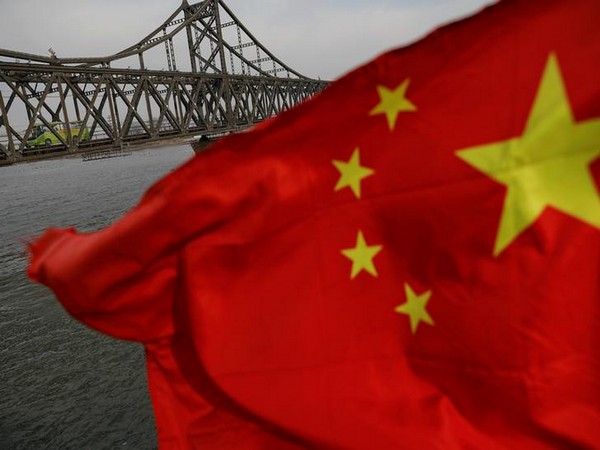For many Latin American students, the Confucius Institutes are places where they can learn about Chinese culture and language, however, the critics warn that these programs are a soft power play by Beijing to gain influence in the schools where they operate.
The Confucius Institutes has been expanding since 2006 in Latin America and basically teach Mandarin, finance summer camps in China and hold cultural events and grants scholarship to study in their country, The Hong Kong Post reported.
Jake Gilstrap who is the author of the academic paper ‘Confucius Institute of China in Latin America: Tools of meek power’ explained China’s main intention behind expanding the institutes and said that it is to create a generation of future leaders through their close association and cultural understanding, and then the world can be similar to China’s worldview. This will exclusively support China’s foreign policy objectives.
Furthermore, Parsifal D’Sola, who is the director of China’s Latin America Research Centre, said that he dreads academic freedom. The escalating existence of Chinese government-funded institutions may shepherd to dwindle in the production of subjects on topics considered delicate to China, for instance, political freedom, suppression and censorship of the Uighur population.
He further said that there is an increased involvement of Latin American professors in research financed by some Chinese government entities and therefore, reduced criticism will be seen in universities, which is something that approbates China in its international image as reported by The HK Post citing Voice Of America.
According to the Human Rights Watch, 2019 report on China’s threats to academic freedoms outside its borders said Chinese government officials pursued to influence academic discussions, monitor overseas students from China, censor scholarly inquiry, or otherwise interfere with academic freedom.
The report further added that Confucius Institutes are an addendum of the Chinese government that ban certain topics and use mindset in course materials on political grounds and utilize engaging practices that take political loyalty into consideration.
The variation between Confucius Institutes and other language and culture teaching programs instance the Alliance Francais or the British Institute is that those programs are not held inside the universities as stated by Gilstrap.
Chinese Embassy in Washington DC said to the VOA queries that the Confucius Institutes are open classrooms and transparent and come in stringent adherence with the laws and the regulations of China’s institution with which they have an understanding.
Although the US warned that the advantages of these institutions will cost academic freedom, China has a strategy of promoting its government-financed institutes, according to the publication.

